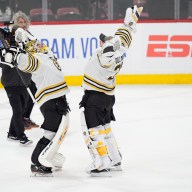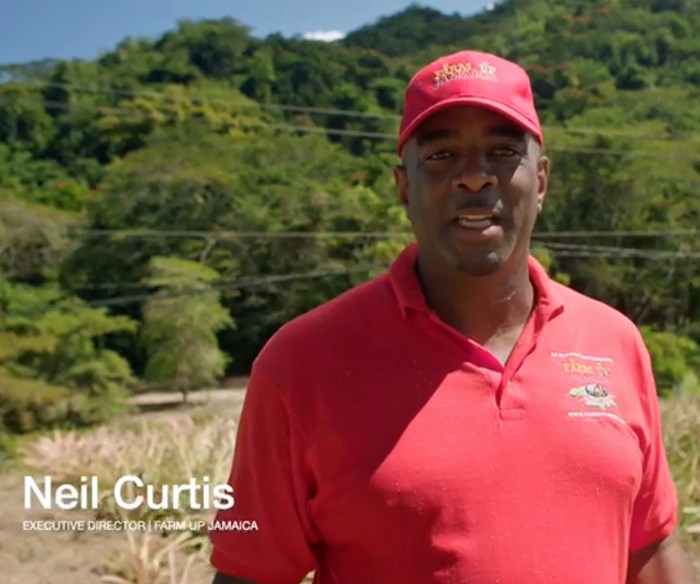Conor Oberst has been releasing music under the Bright Eyes moniker since he was 15, and when he and his band released The People’s Key earlier this year, there was some buzz that it might be the last from the formative indie rock band from Nebraska. Oberst says not to worry.
I’ve read that this is the final Bright Eyes album. Is that true?
No, not definitively. We don’t really have any plans for the future at this point, but as far as that whole thing, that was something where someone took a quote that I said [out of context] and that was something that other people decided. We never made an official announcement. Even if it were our last record, we wouldn’t say it was our last record. As the rumour mill works, that’s kind of the way it goes. You can definitely quote me, this is not the last Bright Eyes for sure.
What are some of your favorite songs to play live these days?
We keep adding on at sound check. The last one we learned was this one called “I Believe in Symmetry” which is on the Digital Ash record, and that’s always been a good one live. It has a sort of cathartic ending.
How often do you achieve catharsis when you’re performing?
Night-to-night, the goal is always to be in the music and feel as connected to it as possible, and depending on the environment and the crowd and our states of mind as far as the band members, I think on a good night we totally achieve that, and sometimes there’s distractions or things that can take me out of the moment. But the goal is to reach that point where you remember, I guess, just remember the place, the feeling, that created the song, and try to get back to that.
Your voice sounds more secure, and less wavery on The People’s Key.
I know what you mean. I never knew how to sing. I’ve never had any formal training or anything like that, so all my life has been one big trial–and-error as far as learning to sing, and play guitar, and play piano, writing, and same with Mike [Mogis, producer] and how he records music. The whole thing has been a learning process, so I think it makes sense that my voice sounds different at 31, than it did at age 21 or 17 or whatever. I guess I just became a better singer just from sheer doing it so much. We also experimented a lot more with vocal effects. There are delays, and different things which can give the impression of a little more, I don’t know, high-fi processed sound.
You kind of get the psychedelic effect almost.
Yeah, we wanted it to be a little more trippy Yeah, we’re always just trying to find new sounds that intrigue us, and then hopefully if it’s something that we’re interested in, the listener is willing to come along with us.
You mentioned growing up and playing for a number of years, do you feel that your private life is an inside joke, as you sing in the song “Shell Games,” on the new album?
Sometimes, sometimes. I guess, you know, some of the subject matter in that song in particular is just reality versus the impression, people’s impressions of music. I think the reality is getting stranger and stranger, just with reality television and we’re always filming each other now and everyone is sort of evaluating everything through a strange lens of technology. I don’t know. I guess those are some of the ideas behind that and it’s something I’ve experienced personally, you know, people sort of assuming things about me through the music I make. I mean, music it comes from me and it comes from us, but the goal is never to write an autobiography about myself or anything like that.
Tell me more about your impression of this “strange lens of technology.” How involved do you get?
I never fuck with any social media like Twitter or Facebook. That’s not my thing. I’m mostly e-mail or text messages, phone calls. I’m pretty old school.
















